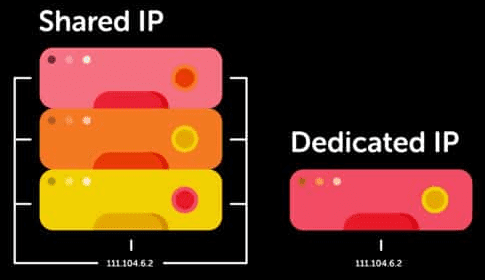
Why a Dedicated IP Address is Essential for Your Website
Why a Dedicated IP Address is Essential for Your Website
In the digital age, where website performance can make or break a business, choosing the right type of IP address for your website hosting is more crucial than ever. A dedicated IP address offers numerous advantages over shared IP addresses, particularly in terms of reliability, security, and SEO benefits. Here’s a comprehensive look at why opting for a dedicated IP address could be one of the best decisions for your website.
1. Enhanced Security and Privacy
With a dedicated IP address, your website is the only one assigned to that specific IP. This exclusivity significantly reduces the risks associated with shared hosting environments. On a shared IP, if one website is blacklisted for spamming or malicious activities, it can impact all websites hosted under that IP. By having a dedicated IP, you isolate and shield your site from the consequences of others’ actions.

2. Required for Certain Advanced Hosting Features
Some advanced web hosting features, such as SSL/TLS certificates for HTTPS, often require a dedicated IP address to function properly. While it’s possible to implement SSL/TLS on shared IPs through Server Name Indication (SNI), older browsers and systems might not support SNI, leading to accessibility issues. A dedicated IP ensures that all users, regardless of their system’s capabilities, can securely access your site.
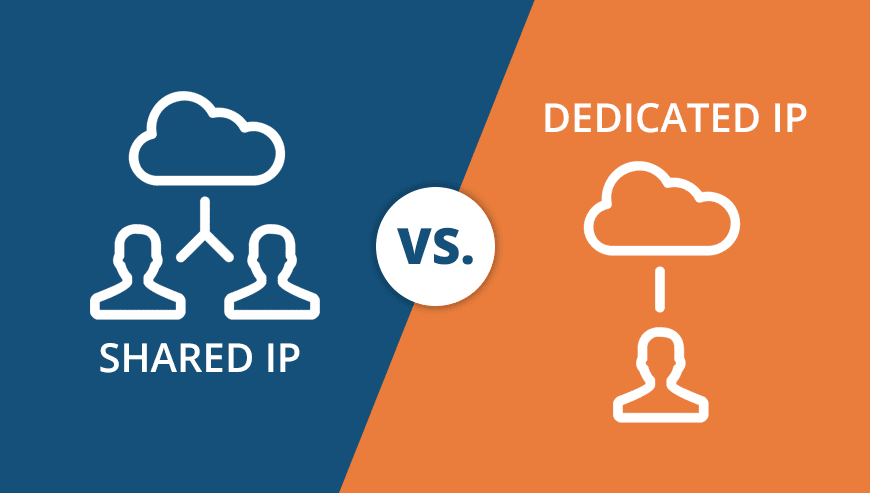
3. Better Email Deliverability
Email deliverability can be a concern for businesses using shared IP addresses. If another site on the same IP is sending spam, it could lead to the IP being blacklisted by email servers. This situation would adversely affect your email deliverability. A dedicated IP address isolates your email service from the activities of others, ensuring that your business communications are reliable and trusted.
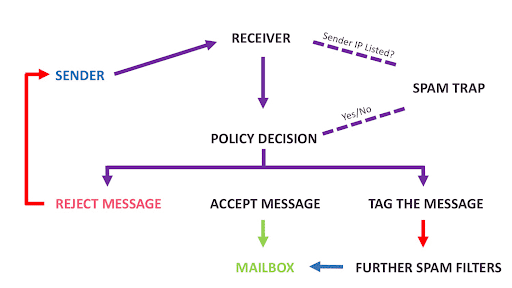
4. Direct Server Access
A dedicated IP allows you to access your server directly via the IP address, which is incredibly useful for site testing and when domain names are in the process of being registered or transferred. Direct access ensures that you can maintain and update your site without any downtime associated with domain name issues.

5. Better for SEO
Having a dedicated IP can indirectly benefit your website’s search engine optimization (SEO). Although search engines like Google state that a dedicated IP address does not directly improve search rankings, the stability and security it provides contribute to the overall website performance. Better performance and reduced downtime correlate with a better user experience, a factor that is highly valued by search engines.
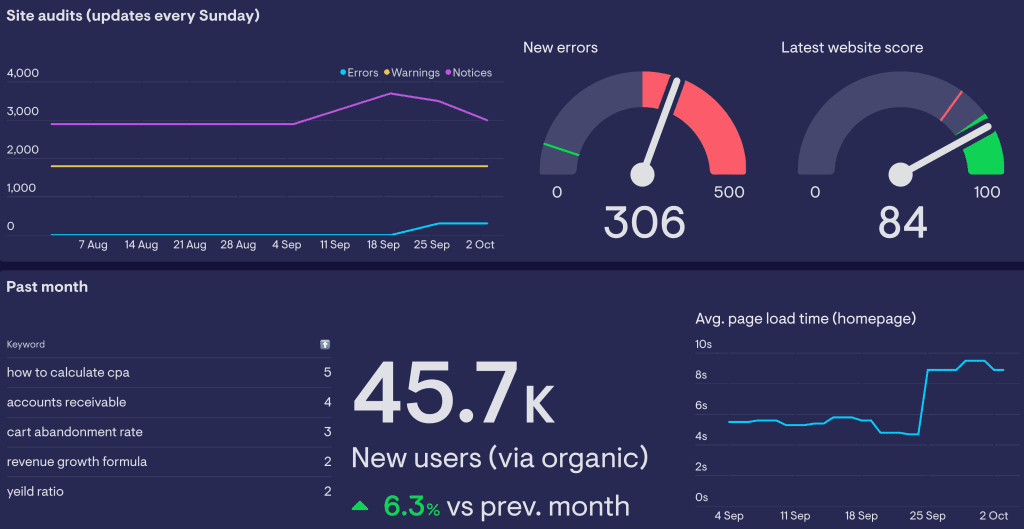
6. Increased Performance and Speed
Websites on dedicated IPs can potentially experience faster performance speeds compared to those on shared IPs. Since you are not sharing resources such as bandwidth and processor power with other websites, your site can operate with optimal efficiency. This is particularly beneficial during traffic surges, as your site is less likely to go down or load slowly due to the activities of other sites on the same IP.
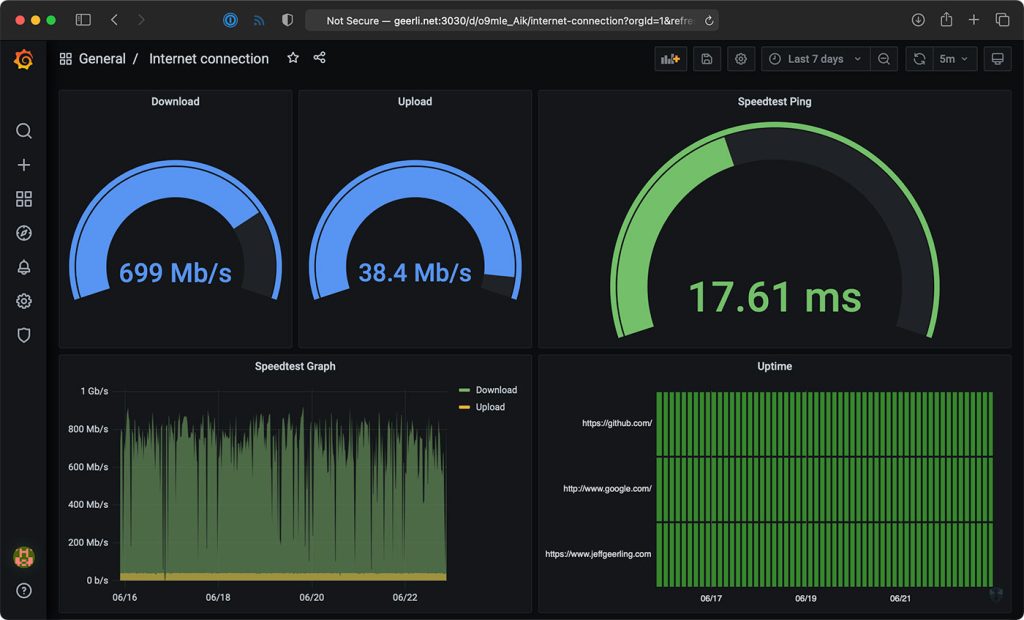
7. Greater Control Over Your Hosting Environment
Finally, a dedicated IP gives you more control over your hosting environment. This is essential for websites with specific technical requirements or those that need to adhere to strict security protocols. You can implement custom server configurations and have greater flexibility in managing security settings without being affected by the needs or actions of other websites.
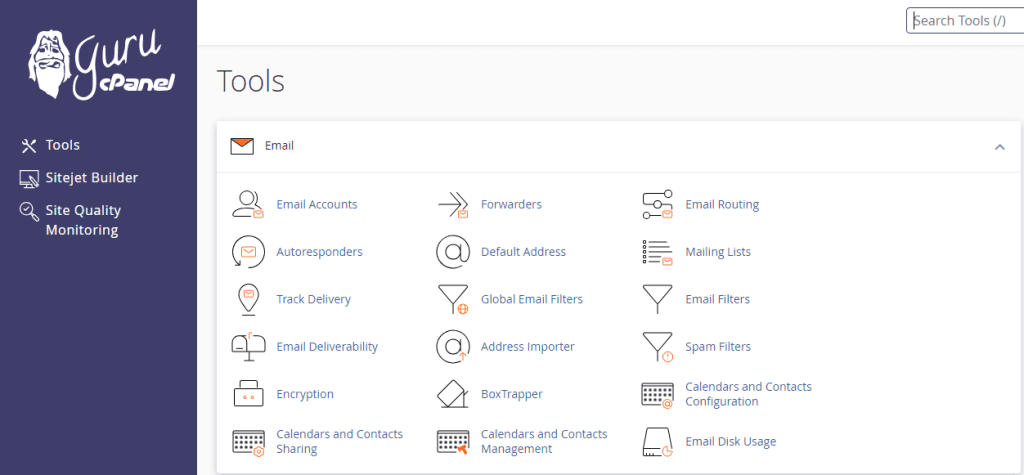
Conclusion
Investing in a dedicated IP address for your website hosting is a wise decision that can significantly enhance the security, reliability, performance, and SEO of your site. While it might come at a higher cost compared to shared IP options, the benefits of having a dedicated IP address far outweigh the expenses, particularly for businesses looking to grow and maintain a strong online presence. Consider switching to a dedicated IP to ensure that your website stands the best chance of succeeding in the competitive digital landscape.






